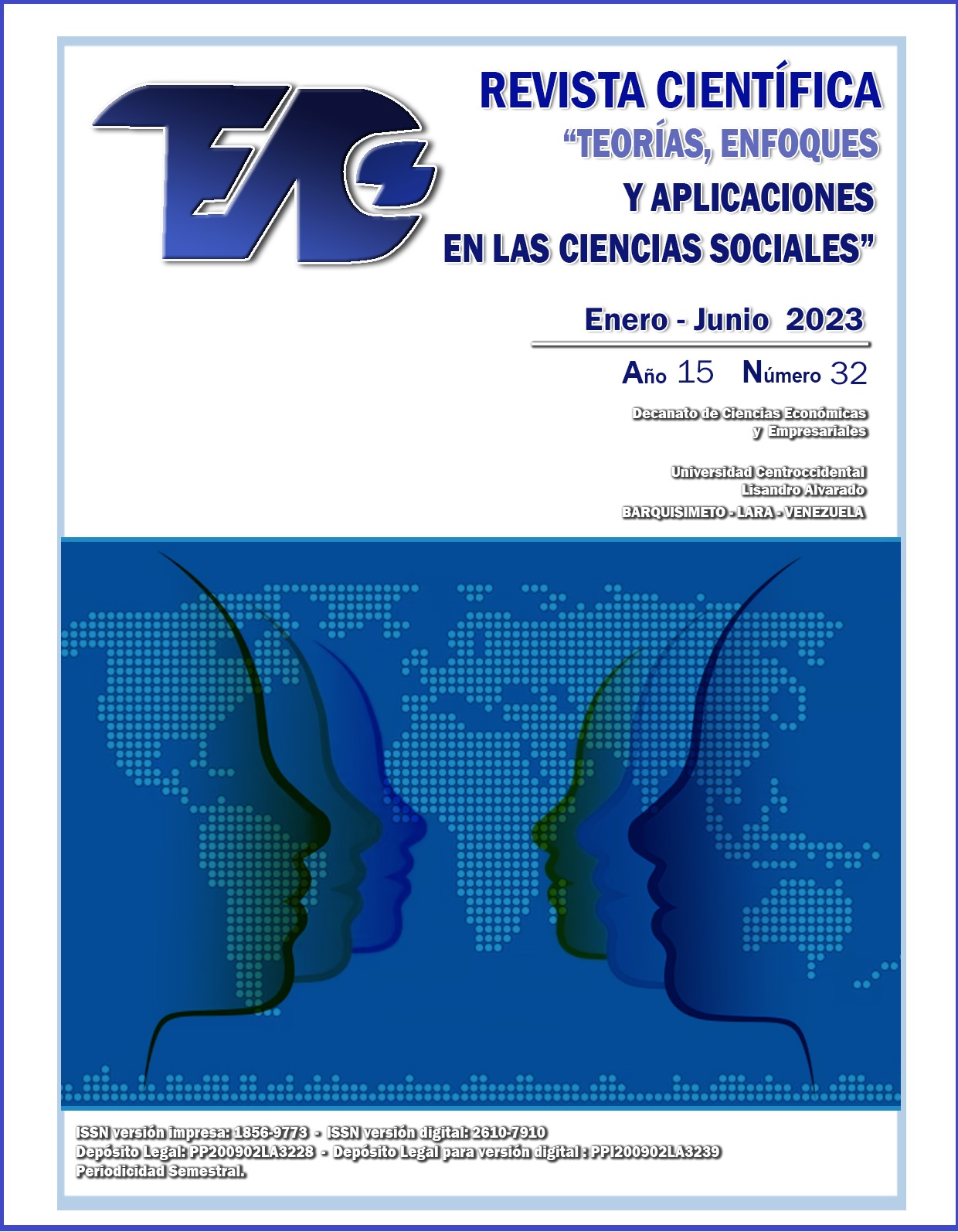Education in citizenship: an approach to its conceptualization. Actions and strategies around the scope of social coexistence and the recognition of sociocultural diversity
Keywords:
civic attitudes, citizen coexistence, sociocultural diversity, universal values, human virtuesAbstract
Coexisting in harmonious, civic and functional education constitutes tasks typical of citizenship education, which seek to strengthen bonds of understanding between individuals with diverse sociocultural and identity belongings, in whom it seeks to develop the conviction about equal, fair coexistence and permeated by freedom positive.This research is the result of a documentary review, initially on the conceptualization of education in citizenship and, then, the proposal of actions and strategies from which to build positive scenarios, in which social coexistence and recognition are possible of sociocultural diversity. Operating in this sense demands from educational processes a greater sense of openness and relevance around the promotion of a critical spirit, the promotion of universal values and common principles from which it is possible to achieve inclusion, respect for pluralism, the recognition of human dignity and the transcendence towards the praxis of responsible, reflective and open attitudes to the true involvement of the Other, socially, culturally and ideologically different, in an attempt to avoid destructive discrimination and hostile treatment, as risk factors capable of violating both the psychosocial integrity and the human rights that assist each individual. It is concluded that education in citizenship as a process that seeks to underpin civility, collective responsibility, tolerance and solidarity, demands synergistic efforts of the socialization factors, with the purpose of achieving a coexistence based on the unification of wills around common purposes.
Downloads
References
Bautista, O. (2013). Ética para la ciudadanía. Toluca: Instituto Electoral del Estado de México.
Bolívar, A. (s/f). Educar en valores. Una educación de la ciudadanía.
Consejería de Educación y Ciencia de la Junta de Andalucía-Dirección General de Evaluación Educativa y Formación del Profesorado.
Bonomo, H., Manberti, J., y Miller, J. (2010). Tolerancia crítica y ciudadanía activa: una introducción al debate educativo. New York: IDEBATE PRESS
Camps, V. (1999). Paradojas del individualismo. Barcelona: Editorial Crítica.
Camps, V. (2001). Una vida de calidad. Reflexiones sobre bioética. Barcelona: Editorial Crítica.
Camps, V. (2011). El gobierno de las emociones. Barcelona: Herder Editorial.
Camps, V y Giner, S. (2014). Manual de civismo. Barcelona: Editorial Planeta.
Cortina, A. (2009). Ciudadanos del mundo. Hacía una teoría de la ciudadanía. Madrid: Alianza Editorial.
Cortina, A. (2013) ¿Para qué sirve realmente la ética? Barcelona: Paidós.
Delors, J. (2000). La educación encierra un tesoro. Madrid: Ediciones Santillana-UNESCO.
Ferrajoli, L. (2016). Los derechos y sus garantías. Madrid: Editorial Trotta.
Garzón, Á., Cardona, D., y Romero, Z. (2015). Convivencia y cultura ciudadana: perspectivas desde la ciudad heroica. Cartagena: Universidad Libre.
Maalouf, A. (1999). Identidades Asesinas. Madrid: Alianza Editorial.
Markus, G. (2021). Ética para tiempos oscuros. Valores universales para el siglo XXI. Barcelona: Pasado y Presente.
Morín, E. (1999). Los siete saberes necesarios para la educación del futuro. París: UNESCO.
Olmedo, E. (2018). Ética y formación ciudadana. Iximulew: USAC Guatemala.
Savater, F. (2000). Ética y ciudadanía: tolerancia y solidaridad. Ciudad de México: Editorial Ariel.
Sen, A. (2021). Un hogar en el mundo. Taurus.
Published
How to Cite
Issue
Section

This work is licensed under a Creative Commons Attribution-NonCommercial-ShareAlike 4.0 International License.
Derechos del/de autor/es a partir del año de publicación
Esta obra está bajo la licencia:
Creative Commons Reconocimiento-NoComercial-CompartirIgual 4.0 Internacional (CC BY-NC-SA 4.0)
Las opiniones expresadas por los autores no necesariamente reflejan la postura del editor de la publicación ni de la UCLA. Se autoriza la reproducción total o parcial de los textos aquí publicados, siempre y cuando se cite la fuente completa y la dirección electrónica de esta revista. Los autores(as) tienen el derecho de utilizar sus artículos para cualquier propósito siempre y cuando se realice sin fines de lucro. Los autores(as) pueden publicar en internet o cualquier otro medio la versión final aprobada de su trabajo, luego que esta ha sido publicada en esta revista.



